Meniscus Tear Treatment In Singapore

Dr Wang Lushun
Senior Consultant Orthopaedic Surgeon
MBBS (Singapore)
MRCS (Edin)
MMed (Ortho)
FRCS (Ortho) (Edin)
- Restore your knee’s mobility and strength with meniscus injury treatment
- Fellowship-trained orthopaedic surgeon
- Internationally recognised, more than 1500 surgeries performed

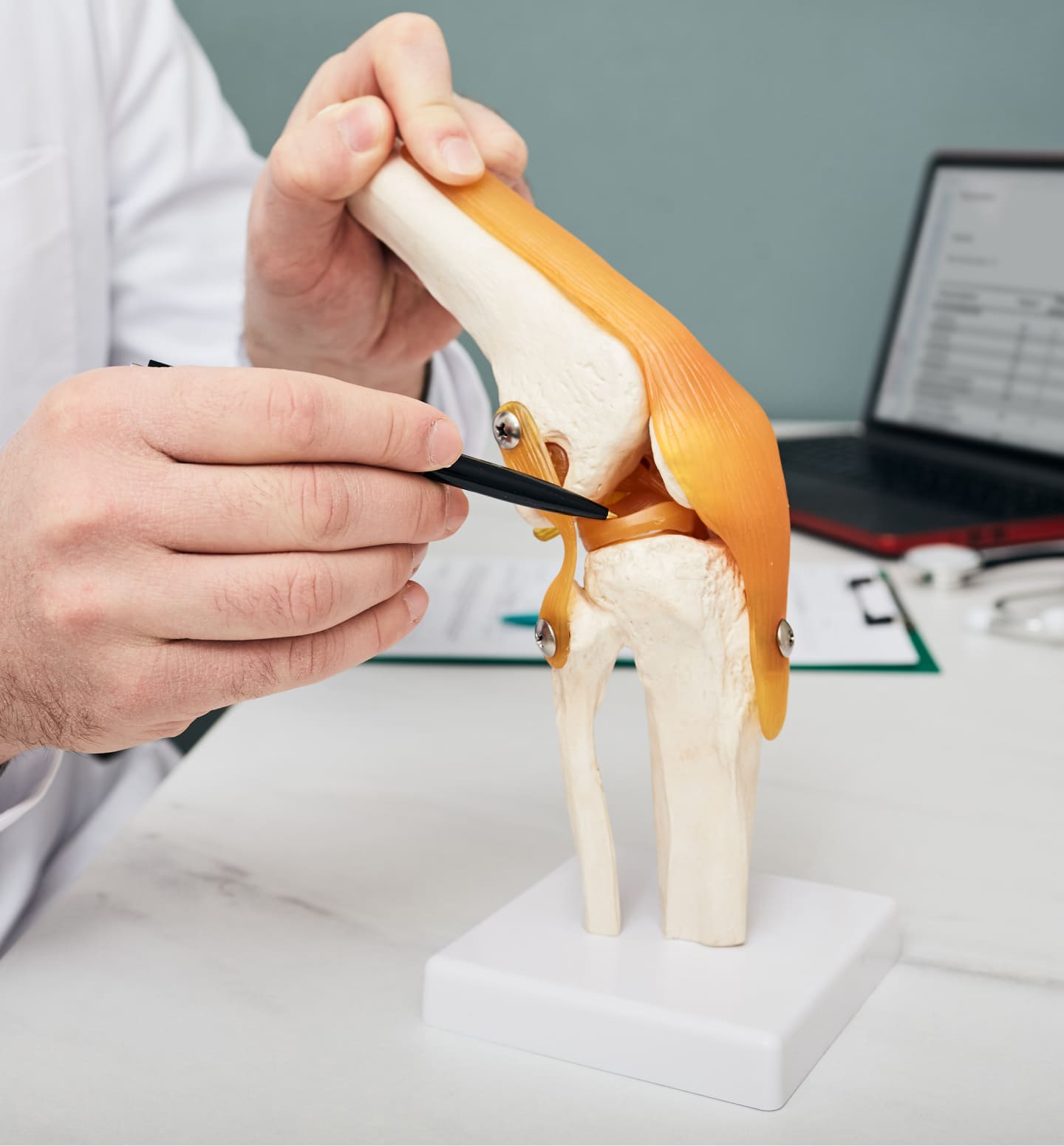
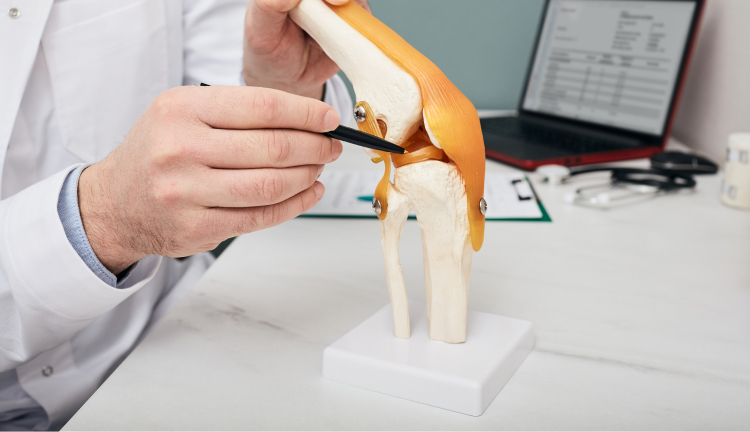
What is A Meniscus Injury?
A meniscus injury occurs when there’s damage to the rubbery, C-shaped discs that cushion your knee joint. It’s a common injury among athletes and active individuals, especially those participating in contact sports. It can also be a symptom of knee joint degeneration due to ageing or osteoarthritis. If left untreated, it could lead to the following:
- Worse joint pain and stiffness, limiting daily activities
- Increased risk of developing further knee injury or complications
- Accelerated wear and tear on the knee joint, causing further damage
- Compromised knee stability, raising the likelihood of additional injuries
Symptoms Of A Meniscus Injury
Meniscus injuries may present differently depending on the severity and location of the tear. However, there are a few common symptoms that can signal a potential problem:
Pain in the knee
A torn meniscus irritates the surrounding tissues, leading to inflammation and pain, especially when moving.
Swelling
Fluid may accumulate in the knee joint as a result of the injury, causing visible swelling and stiffness.
Locking or catching sensation
The torn portion of the meniscus can interfere with the normal movement of the knee joint, leading to a sensation of the knee getting stuck or caught.
Limited range of motion
A damaged meniscus can make it difficult to fully bend or straighten your knee, impacting your overall mobility.
Say goodbye to knee pain
with an accurate diagnosis and personalized meniscus injury treatment.
with an accurate diagnosis and personalized meniscus injury treatment.
Regain your knee’s function and stability while preventing further damage or injury.
Proper meniscus injury treatment can alleviate pain, restore knee function, and help you get back to
performing daily activities and sports again.
Am I A Candidate for
Meniscus Injury Treatment?
The type of meniscus tear treatment in Singapore you’ll need depends on several factors, including the severity of your injury, your age, and your overall health. Each case is unique, and your orthopaedic specialist will determine the best course of action based on certain factors, such as:
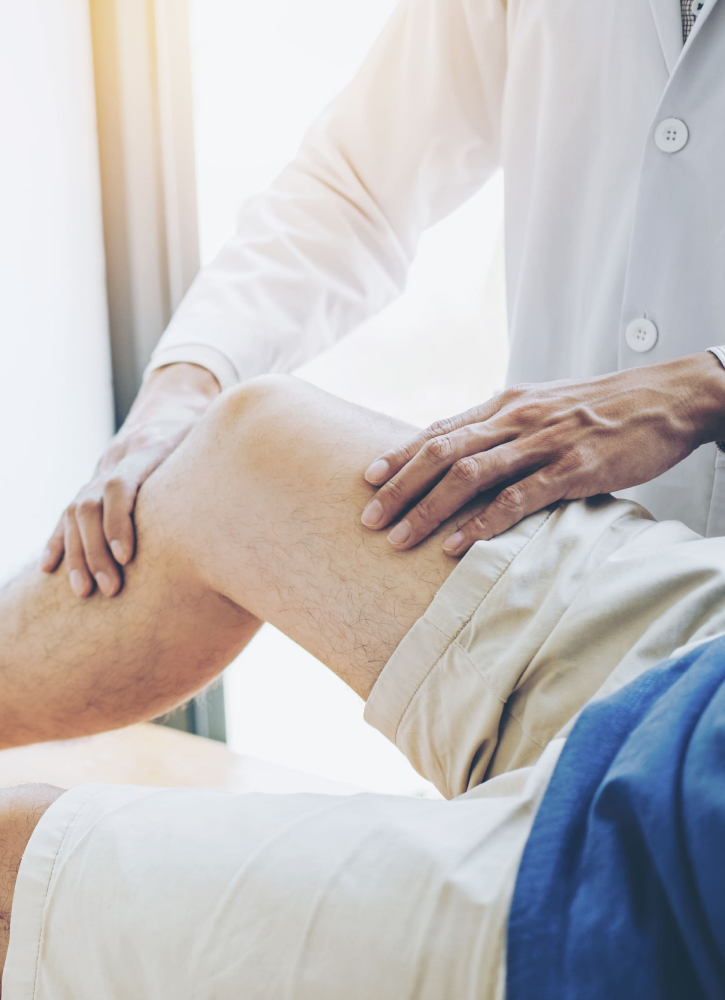
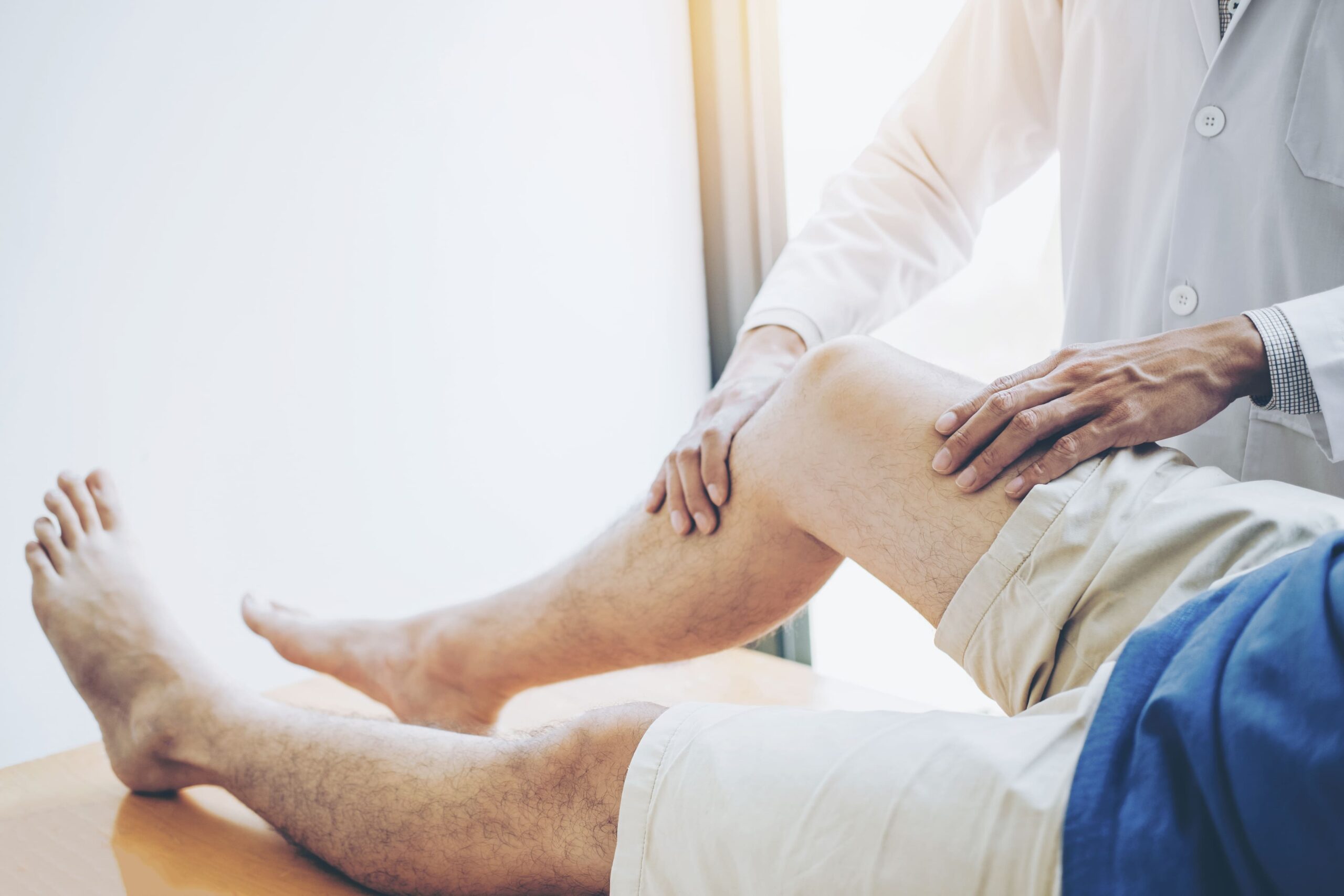
What causes a meniscus injury?
A meniscus injury is commonly caused by sudden twisting or impact to the knee during sports or physical activities, resulting in a tear or damage to the meniscus. It can also occur as a result of degenerative changes in the knee joint due to ageing or underlying conditions like osteoarthritis. In these cases, even a minor movement or strain can lead to a meniscus injury.
How is a meniscus injury diagnosed?
A meniscus injury is typically diagnosed through a combination of a physical examination and imaging tests. Your doctor will examine your knee for signs of swelling, pain, and limited range of motion. Imaging tests, such as X-rays and MRI scans, may be used to provide a detailed view of the knee joint and confirm the presence and extent of the injury.
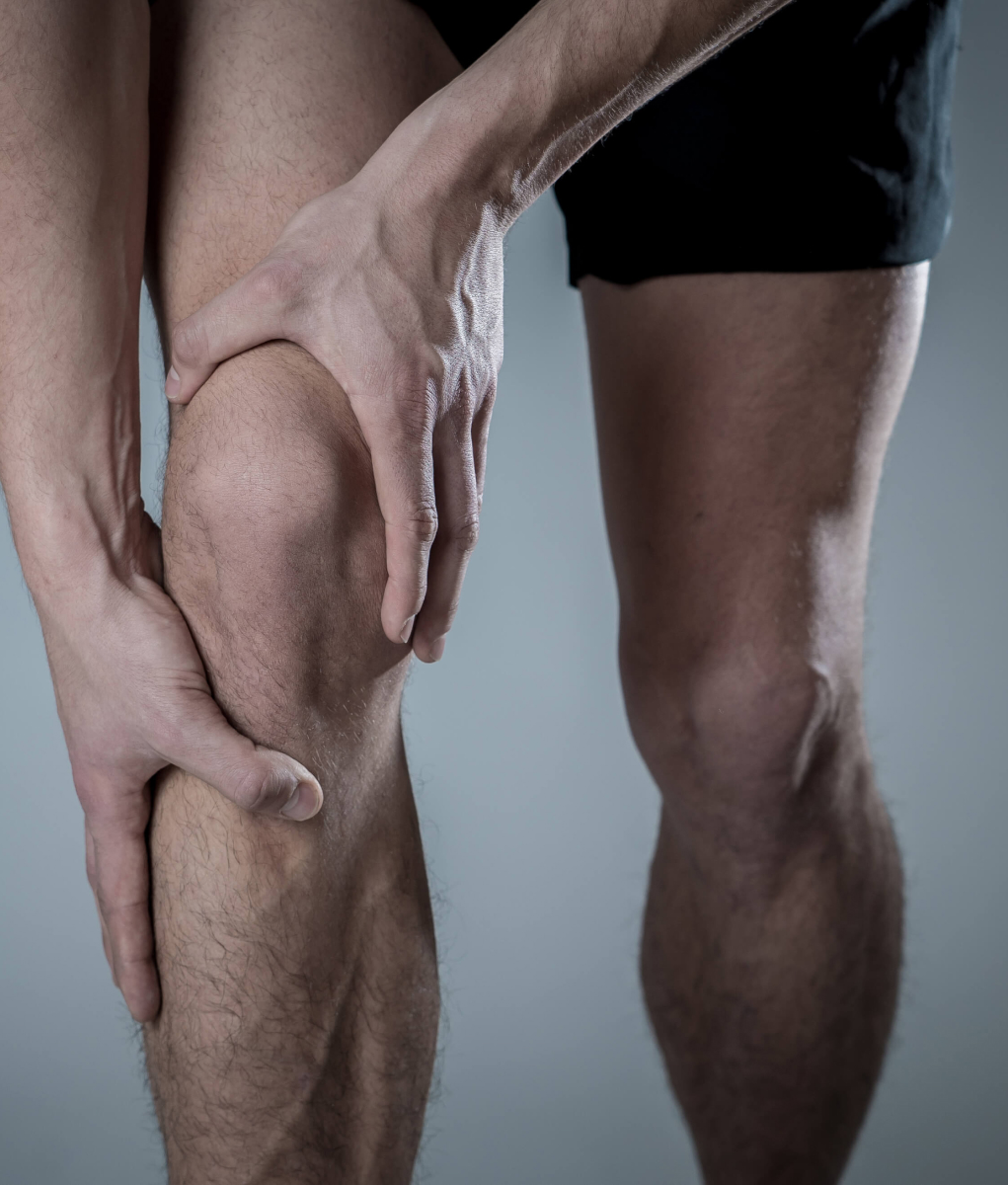
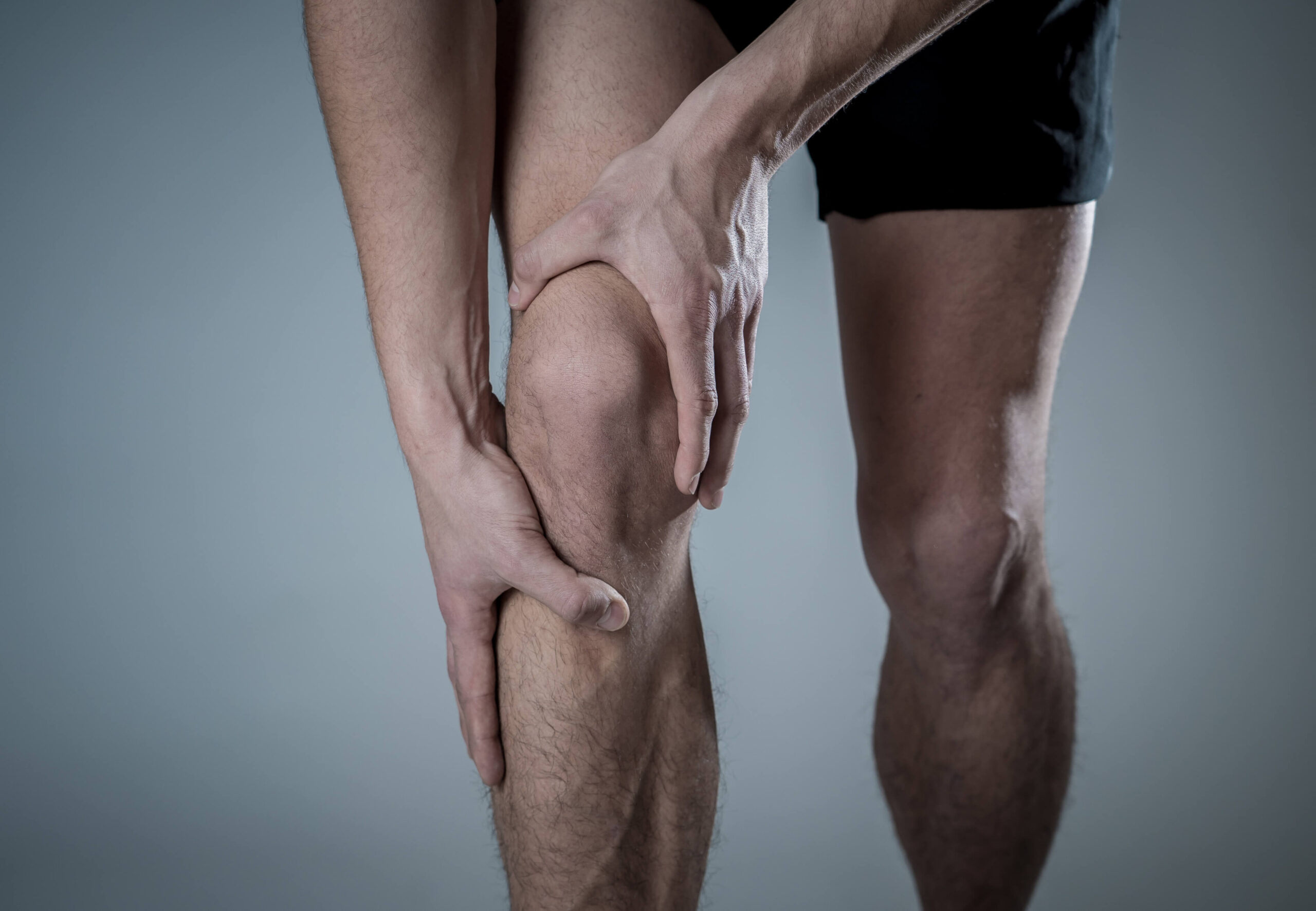
When Is The Best Time To Do Meniscus Injury Surgery?
The optimal time to undergo meniscus injury surgery depends on several factors, including the severity of the injury, your overall health, and the presence of any additional knee injuries. In some cases, surgery may be recommended soon after the injury to prevent further damage and promote healing.
Your surgeon will consider factors such as your age, activity level, and the type of tear, as well as your response to conservative treatments before recommending surgery.
Meniscus Injury Surgery Recovery Process
| Recovery Period | What to Expect: |
|---|---|
| First week after surgery (Week 0-1): |
|
| First few weeks after surgery (Week 2-4): |
|
| First month after surgery (Week 4-6): |
|
| First few months after (Week 6-12): |
|
| Several months after surgery (12 weeks onwards) |
|


Dr Wang Lushun
Senior Consultant Orthopaedic Surgeon
MBBS (Singapore)
MRCS (Edin)
MMed (Ortho)
FRCS (Ortho) (Edin)
Internationally Recognised & Double Fellowship-Trained Surgeon With Over 18 Years of Experience
- Bachelor of Medicine & Bachelor of Surgery (MBBS),
National University of Singapore - Member of The Royal College of Surgeons (MRCS),
Edinburgh, United Kingdom - Master of Medicine in Orthopaedic Surgery (MMed),
National University of Singapore - Fellow of The Royal College of Surgeons in Orthopaedics and Traumatology (FRCS), Edinburgh, United Kingdom
As a Senior Consultant Orthopaedic Surgeon and former Head of the Hip and Knee Division in Ng Teng Fong Hospital, he has won awards for superior patient outcomes (value driven), service quality and enhanced recovery programmes. His patients include current and former national athletes and sporting professionals.
Why Choose
Dr Wang Lushun?
Trusted
Leadership on Orthopaedic Advisory Boards
Skilful
Double Fellowships at Centres of Excellence
Experienced
Senior Consultant with Over 18 Years of Experience
Can I Use Medisave For Meniscus Injury Surgery?
Yes you can use Medisave to offset the cost of your procedure.
Reach out to us today to learn more about payment options.
Patient-Centred Orthopaedic Care
We are dedicated to your recovery and well-being. Every patient deserves the freedom that comes with active living. Whether you're an athlete sidelined by an injury or a weekend hobbyist desperate to return to your passion, our mission is to help you regain your mobility and independence.
Personalised Approach For Positive Outcomes
Our clinic prioritizes time dedicated to understanding each patient’s injuries and needs. Dr Wang strongly believes that personalised care & patient management will lead to better outcomes & positive experiences.
Minimally Invasive Techniques For Faster Recovery
Dr Wang’s extensive experience with minimally invasive procedures allows for less scarring, lower risk of complications and faster recovery compared to traditional surgical methods.
Aftercare Focused On Restoring Mobility & Well-Being
As an avid sportsperson, Dr Wang understands the time and patience required to regain mobility and return to active living. After your procedure is completed, Dr Wang will make sure your recovery is smooth and comfortable.
Insurance
We accept all patients, with or without insurance plans. Additionally, we are on the specialist panels of these Health Networks/Insurance Plans. Please contact us if you have any queries and we will be happy to assist you in checking with your insurance provider.
Our Clinic Locations
3 Mount Elizabeth, #13-14
Mount Elizabeth Medical Centre
Singapore 228510
820 Thomson Road, Mount Alvernia Hospital, #05-51, Medical Centre D, Singapore 574623
Frequently Asked Questions
Can a meniscus injury heal on its own?
Some meniscus injuries can heal on their own, particularly if they are small and located in the outer region of the meniscus with a good blood supply. However, larger tears or those in the inner region with limited blood supply may not heal without intervention. Consult a medical professional for appropriate treatment and guidance.
What are the non-surgical treatment options for a meniscus injury?
Non-surgical treatment options for a meniscus injury include rest, ice, compression, and elevation (RICE), as well as the use of over-the-counter pain relievers and anti-inflammatory medications. Physical therapy is another important aspect of conservative treatment, focusing on strengthening and stabilizing the knee joint to promote healing and prevent further injuries.
When is surgery necessary for a meniscus injury?
Surgery may be necessary for a meniscus injury when conservative treatments have failed to provide relief or when the tear is large, complex, or located in an area with poor blood supply.
What is the recovery time after meniscus surgery?
Recovery time depends on the type of surgery performed and the individual’s overall health. For less invasive procedures like arthroscopic partial meniscectomy, most patients can expect to return to normal activities within 4 to 6 weeks. More complex surgeries, such as meniscus repair, may require a longer recovery period of 3 to 6 months.
Can I return to sports after a meniscus injury?
You can, but it depends on the severity of the injury, the chosen treatment, and how well the knee has healed. With appropriate treatment and rehabilitation, many individuals can return to sports; however, it’s essential to follow your doctor’s advice and gradually ease back into physical activities to avoid re-injury.
What can I do to prevent meniscus injuries?
Preventing meniscus injuries involves taking steps to reduce the risk of knee injuries in general. This includes maintaining a healthy weight, participating in regular strength and flexibility exercises to support the knee joint, wearing proper footwear, and using appropriate protective gear during sports and physical activities.